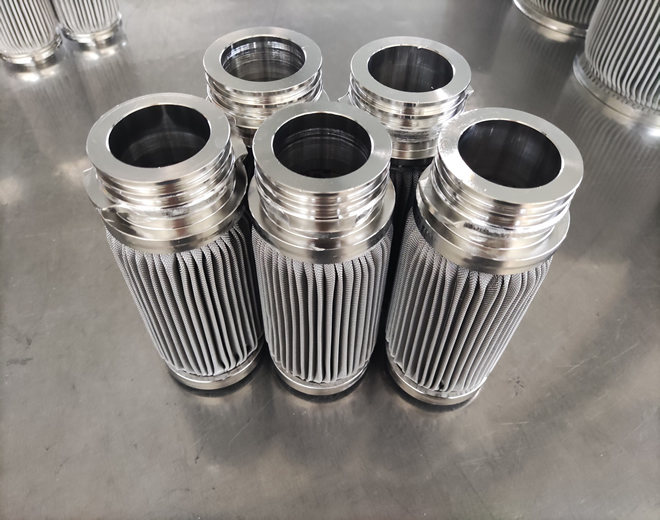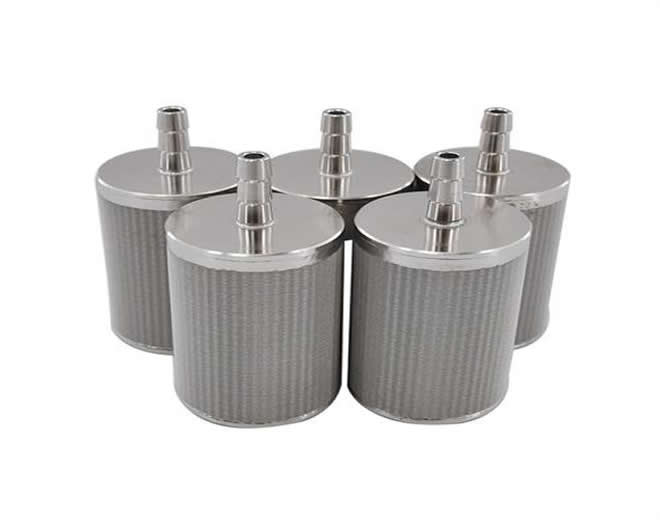Stainless steel filters play a vital role in water treatment processes, contributing significantly to the removal of impurities and the improvement of water quality.
Due to their mechanical strength, corrosion resistance, and effective filtration capabilities, stainless steel filters are widely used in various stages of water purification, from preliminary filtration to fine filtration. Their durable construction ensures consistent performance even under harsh conditions.
Filtration Principle of Stainless Steel Filters
Stainless steel filters are typically made from stainless steel wire mesh or sintered stainless steel materials. The filtration mechanism relies on the physical interception of suspended solids and particles as water flows through the porous filter medium. The multi-layered structure of the filter allows for precise control over pore size, enabling it to capture particles of various sizes.
Larger particles are retained on the surface, while smaller ones pass through the filter, depending on its pore size, which can be customized to meet different filtration requirements.
Applications in Water Treatment
Stainless steel filters are highly versatile and can be used in multiple stages of water treatment:
1. Pre-filtration: In the initial stage of water treatment, stainless steel filters help remove larger particles such as sand, rust, and debris. This process reduces the load on subsequent filtration stages, extending the lifespan of more delicate filtration systems.
2. Fine Filtration: Stainless steel filters are also employed in fine filtration to remove smaller impurities from drinking water or industrial water supplies.By adjusting the pore size, these filters ensure that even the finest particles are trapped, resulting in cleaner, safer water.
3. Wastewater Treatment: In wastewater recycling systems, stainless steel filters play a critical role in removing suspended solids and organic materials. This makes the treated water suitable for reuse in various industrial applications, promoting sustainability.
4. Corrosion Resistance: The chemical stability of stainless steel makes these filters ideal for environments where corrosive water sources, such as those containing acids or alkaline substances, need to be processed. Industries such as petrochemical plants and refineries benefit greatly from using stainless steel filters.
Advantages of Stainless Steel Filters
1. High Strength and Durability: Stainless steel filters can withstand high pressure and mechanical stress, ensuring their longevity in water treatment systems. They are resistant to deformation or damage, even under extreme conditions.
2. Heat Resistance: Their ability to tolerate high temperatures makes them suitable for hot water filtration processes, expanding their use across different industrial applications.
3. Easy to Clean and Reusable: Stainless steel filters are easily cleaned through backwashing, ultrasonic cleaning, or other methods, making them highly reusable and reducing the frequency of filter replacement, which helps lower operational costs.
Conclusion
The role of stainless steel filters in water treatment extends beyond simple filtration. Their robust design, resistance to corrosion, adaptability to various water types, and ease of maintenance make them an essential component in modern water purification systems. By ensuring efficient filtration and reducing maintenance costs, stainless steel filters help improve water quality while enhancing the overall performance of water treatment facilities.


